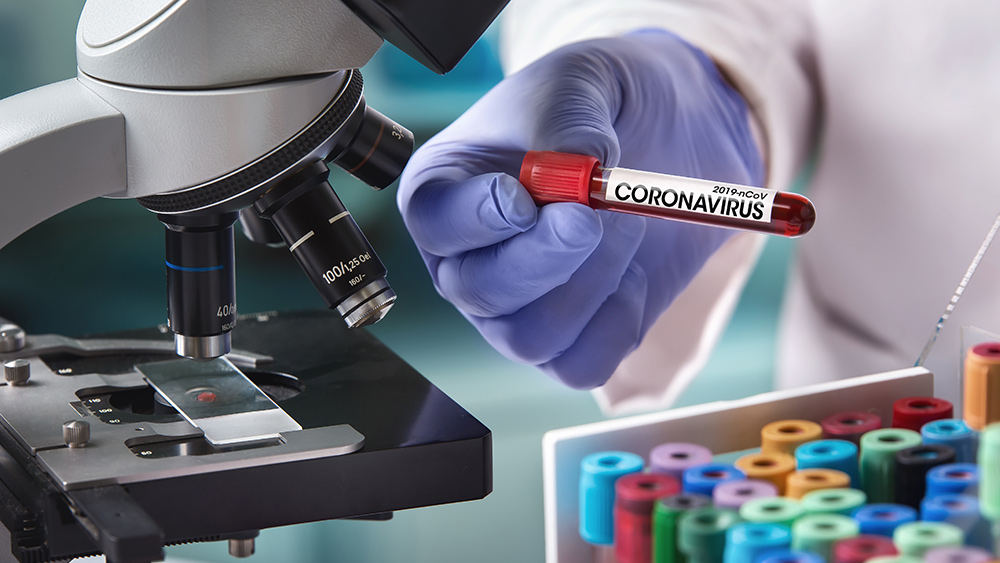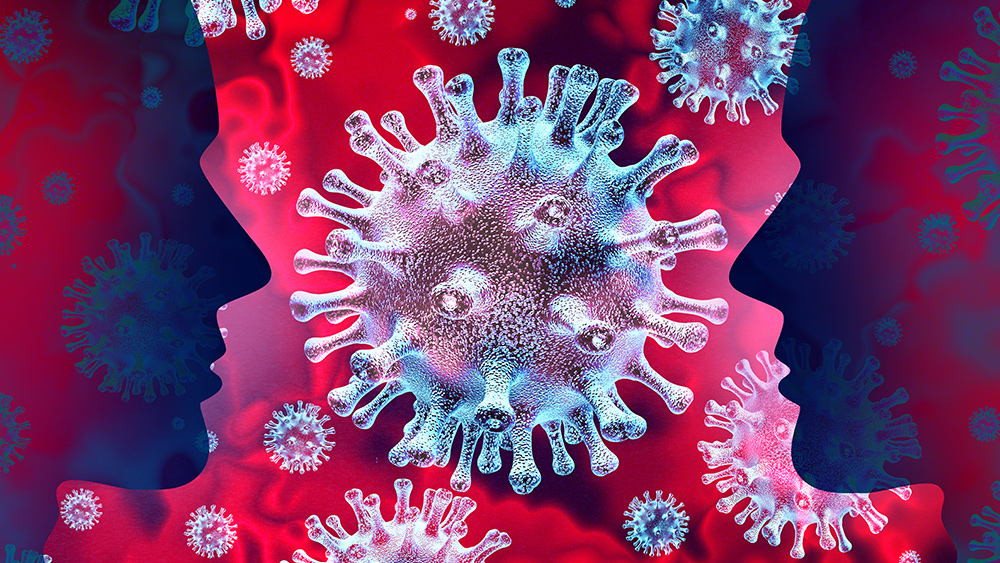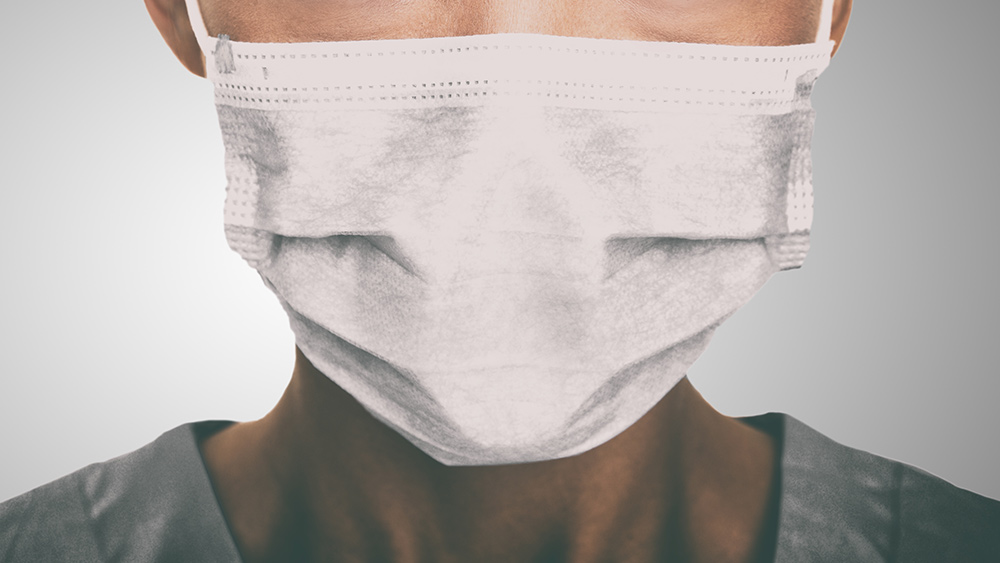Understanding the “gut-brain axis” – Can people with anxiety benefit from probiotic foods and supplements?
01/07/2020 / By Grace Olson

Anxiety is linked to various mental and physical disorders, especially those caused by stress. Many natural therapies offer relief, but a recent study suggests that maintaining a healthy gut microbiota as a novel treatment for anxiety. In a review, a team of scientists from Shanghai Jiao Tong University in China examined the relationship between the gut and anxiety and found that regulating intestinal bacteria – either through probiotic or non-probiotic foods and supplements – could potentially treat anxiety symptoms.
According to the team, their study, published in General Psychiatry, is part of an increasing body of work that supports the improvement of anxiety symptoms by treating the gut.
Take care of the gut to treat anxiety
Scientists have suspected for a long time that the gut and the brain were somehow connected. In recent decades, they have explored the relationship between the two and found that gut microbiota could help regulate brain function and vice-versa, a concept referred to as the gut-brain axis.
The gut microbiota is composed of trillions of microorganisms in the digestive tract. These help with important body functions such as metabolism and immunity. Earlier studies have shown that an imbalance, or a dysbiosis, in this micro-ecosystem could contribute to anxiety. However, these studies were unclear about how regulating intestinal microbiota treated mental disorders, especially anxiety. For the current study, the researchers reviewed academic articles and randomized controlled trials that examined it.
The team selected 21 studies, which investigated 1,503 participants collectively. Out of the 21 studies, 14 used probiotics while seven studies used non-probiotic methods, such as changing a person’s diet. Probiotics are living microorganisms that benefit a person’s health, especially when eaten or applied to the body. Some examples of probiotic-rich foods include fermented foods like miso and tempeh.
The team found that regulating intestinal bacteria could help alleviate the symptoms of anxiety. Eating different foods, in particular, had a larger impact on gut bacteria, compared to introducing probiotics to the digestive tract.
“We find that more than half of the studies included showed it was positive to treat anxiety symptoms by regulation of intestinal microbiota,” they concluded.
Tips to maintain a healthy gut
It’s increasingly clear that a healthy gut can bring positive effects when it comes to brain health. Here are some tips to maintain a healthy gut:
- Manage stress levels better. Being stressed all the time can negatively affect a person’s gut health. Incorporate meditation, yoga, or walking into daily schedules to decrease stress levels. (Related: Understanding the gut-brain axis: Can a probiotic help reduce stress levels?)
- Get plenty of sleep. When a person does not get enough sleep, he or she is more likely to feel stressed. Sleeping is also the body’s time to restore itself, which includes the gut. Make sure to get at least seven to eight hours of sleep each night.
- Drink water. It helps maintain the balance of intestinal bacteria and has a positive effect on the mucosal lining of the intestines.
- Eat a healthy diet. The study revealed that taking dietary changes can offer anxiety relief. Try adding the following foods to your diet.
MindBodyScience.news has more about the gut-brain axis, other ways to keep the gut healthy, and managing anxiety.
Sources include:
Tagged Under: Anxiety, anxiety relief, brain health, cognitive health, diet, digestion, digestive tract, fermented foods, fiber, gut health, gut microbiota, gut-brain axis, longevity, meal plan, non-probiotic treatment, probiotic foods, stress relief



















